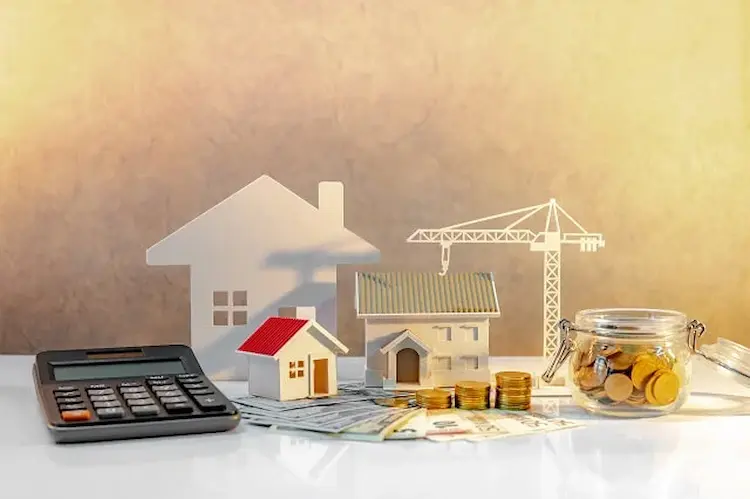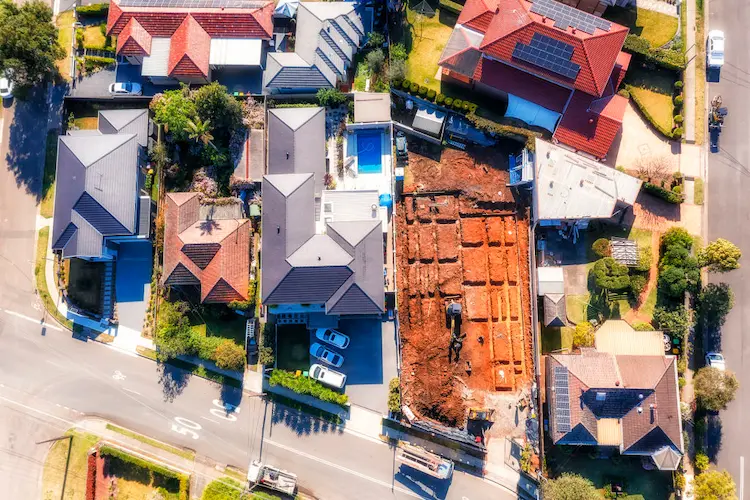In the dynamic real estate arena, residential property development is a multifaceted venture that demands a unique blend of vision, strategy, and adaptability. Successful residential property developers are those who not only navigate the complexities of the market but also leave a lasting impact on communities and landscapes. This listicle delves into the key elements distinguishing a prosperous residential property developer from the rest.

Visionary Planning
A visionary plan is at the core of every successful residential property developer’s journey. This goes beyond simply constructing buildings; it involves a keen understanding of the local landscape, market trends, and the community’s needs. A visionary developer anticipates future demands, integrates sustainable practices, and envisions developments that stand the test of time.
Adaptability in a Changing Market
The real estate market is inherently volatile, subject to economic shifts, regulatory changes, and evolving consumer preferences. Successful property developers exhibit a remarkable ability to adapt to these changes. Whether adjusting project scopes, embracing new technologies, or fine-tuning marketing strategies, adaptability is a hallmark of developers who thrive in a dynamic market.
Community-Centric Approach
Beyond bricks and mortar, successful residential property developers prioritize a community-centric approach. They engage with local stakeholders, understand the area’s unique culture, and incorporate feedback into their projects. This fosters goodwill and ensures that developments seamlessly integrate with the existing fabric of the community, enhancing rather than disrupting the local environment.
Strategic Risk Management
Risk is inherent in real estate development, but successful developers approach it strategically. They conduct thorough risk assessments, exploring potential challenges and devising contingency plans. Whether it’s financial risks, regulatory hurdles, or construction complexities, these developers are prepared to navigate uncertainties without compromising their projects’ quality or timely delivery.
Innovation in Design and Technology
In an era of rapid technological advancements, a successful residential property developer leverages innovation to stay ahead. This includes adopting sustainable building practices, integrating smart home technologies, and embracing cutting-edge design concepts. Innovation enhances the market appeal of developments and positions developers as industry leaders.

Financial Acumen
Financial acumen is a non-negotiable trait for successful property developers. From securing funding and managing budgets to optimizing returns on investment, developers with a keen understanding of economic dynamics navigate the complex terrain of real estate with finesse. They balance the pursuit of profit with the responsibility of delivering value to investors and end-users.
This strategic financial prowess ensures the viability and sustainability of projects and establishes a foundation for long-term partnerships and continued success in the ever-evolving real estate market. In essence, financial acumen is the bedrock upon which a property developer’s success is built.
Transparent Communication
Effective communication is a cornerstone of success in any industry, and property development is no exception. Successful developers maintain transparent communication channels with all stakeholders, providing regular updates on project progress, promptly addressing concerns, and fostering trust.
Clear communication not only enhances the developer’s reputation but also contributes to the project’s overall success. By creating an environment of openness and transparency, developers cultivate strong relationships with investors, residents, and other key players, ensuring a collaborative and harmonious journey from project initiation to completion.
Commitment to Sustainability
The modern era demands a heightened awareness of environmental impact, and successful residential property developers embrace this responsibility. They prioritize sustainable building practices, incorporate eco-friendly features into their projects, and seek green certifications.
Developers contribute to the global sustainability agenda by aligning with environmental values and attracting a growing segment of environmentally conscious buyers.

Embracing Social Responsibility
In the contemporary world, successful residential property developers recognize the importance of social responsibility. Beyond the physical structures, they invest in initiatives that contribute to the welfare of their communities. This may involve supporting local education programs, promoting affordable housing solutions, or engaging in philanthropic endeavors.
By embracing social responsibility, developers positively impact society and foster a sense of pride and loyalty among residents and stakeholders. This commitment to social well-being distinguishes the genuinely successful residential property developer as one who goes beyond profit margins to build a legacy of positive societal change.
Conclusion
In the ever-evolving landscape of residential property development, success is not solely measured by the number of units built or profits generated. Instead, it is defined by a holistic approach encompassing vision, adaptability, community engagement, risk management, innovation, financial savvy, transparent communication, and a commitment to sustainability.
As the real estate industry continues to transform, these defining characteristics will shape the legacy of successful residential property developers who leave an enduring impact on both the market and the communities they serve.